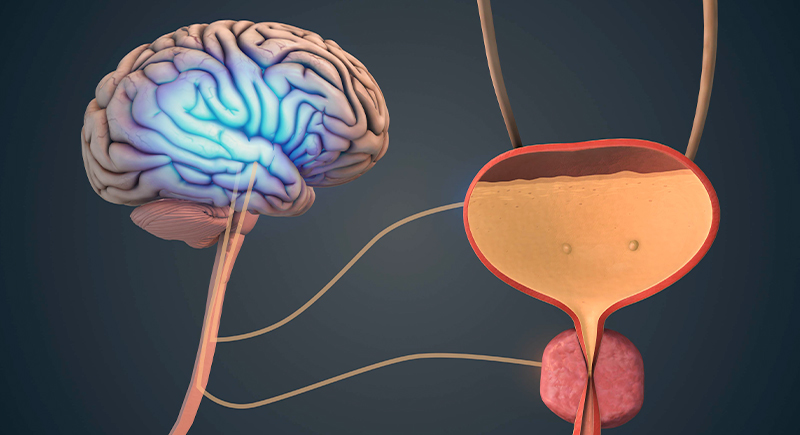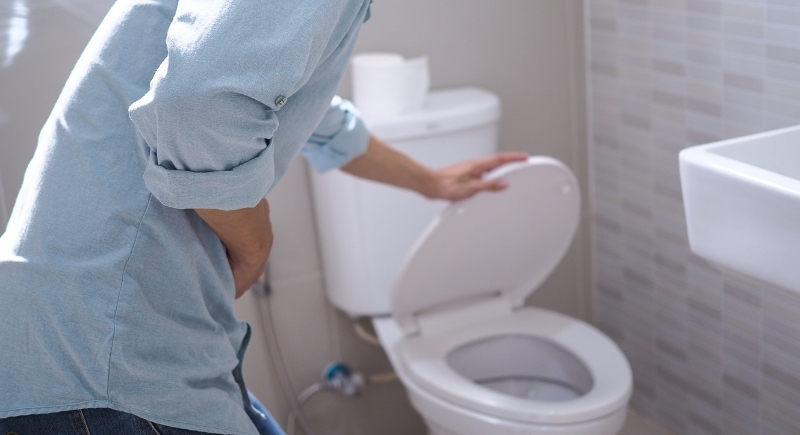That “Almost Home” Urge to Pee Isn’t Just in Your Head
Many people notice their bladder acting up the moment they reach their front door. The urge feels stronger than it did five minutes earlier, and sometimes it’s almost impossible to hold. Researchers have a name for this: latchkey incontinence, and it shows how much your body and brain are in sync when it comes to bathroom habits.
Your Brain and Bladder Are in Constant Conversation

Image via iStockphoto/Silver Place
Your bladder is part of an ongoing back-and-forth with your brain. When you’re stuck in traffic or standing in line at the store, your brain is basically saying, “Not now, bladder. Hold it.” But once you start getting close to a safe and familiar bathroom, those inhibitory signals from your brain weaken.
Experts compare it to a conditioned response, almost like Pavlov’s dogs. Over time, your brain has learned that home equals bathroom access, and your bladder jumps on the opportunity the moment the garage door comes into view.
Why Home Makes It Worse
Most people are more comfortable using their own bathroom than a public restroom. Home is your safe zone, so your body relaxes in ways it wouldn’t in an office or mall. For people who struggle with conditions like paruresis, often called shy bladder syndrome, that sense of safety makes the urgency feel even stronger.
The more you make a habit of waiting until you’re home, the more your brain reinforces the association. Before you know it, turning onto your street is practically your bladder’s starting gun.
It’s Not Just Pee

Image via Canva/shisuka
The same thing happens with your bowels. Scientists say there’s also a brain-bowel connection. Coming home triggers a relaxation response that makes your body feel safe enough to let go. That’s one reason why people often get constipated on vacation.
Your body is hesitant in unfamiliar places, but once you’re back in your comfort zone, it’s like flipping a switch. This instinct could be rooted in ancient survival strategies, when picking the wrong spot to relieve yourself could literally put you in danger.
What You Can Do About It

Image via iStockphoto/Humanitarian photographer working for UN Agencies
For most people, latchkey incontinence is more quirky than concerning. But if the urgency is overwhelming or leads to accidents, there are strategies that help.
Cognitive behavioral therapy can retrain your brain’s associations, while distraction tricks like playing a quick phone game or solving a mental puzzle can buy you time. The important thing to know is that this is common, normal, and in many cases harmless.